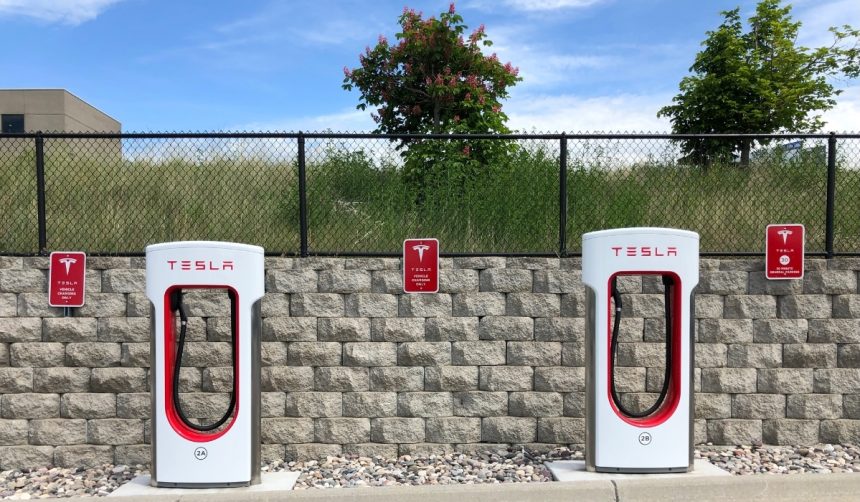The ongoing debate over Elon Musk’s proposed $1 trillion pay package has stirred widespread commentary within the Tesla community and among shareholders. As the November Tesla Shareholder Meeting approaches, the proposal has not only raised questions about executive compensation but has sparked comparisons to broader market performance and attracted input from both supporters and detractors. Recent discussions on social media and statements from key stakeholders show how divisive and consequential the outcome could prove, with implications for both Tesla and the electric vehicle industry at large.
Earlier coverage of Tesla CEO pay discussions also highlighted divided shareholder sentiment, though the current $1 trillion figure has significantly amplified debate. While prior votes showed broad support for Musk’s compensation, skepticism from influential advisory firms and increased calls for scrutiny now appear more pronounced. Shareholders and experts have renewed their focus on Tesla’s trajectory compared to the S&P 500, while political controversies surrounding Musk add another dimension that was less central in previous disputes.
What Is Driving the Debate Over Musk’s Pay?
Shareholder concerns have mounted around both the sheer value of the proposed compensation and whether awarding Musk such an extensive package aligns with their financial interests. Institutional Shareholder Services (ISS), an influential proxy advisory firm, has publicly recommended a vote against the proposal, calling the package “astronomical” and warning it could limit the Tesla board’s flexibility on future executive pay. Some shareholders argue that the pay would not yield returns commensurate with market benchmarks. One former Tesla employee asserted,
“Sorry, Tesla, some of us (and supposedly, ISS too) simply don’t think that underperforming the S&P 500 this much is worth paying somebody 20 billion dollars worth of company value.”
How Has the Company Responded to Criticism?
Elon Musk has delivered a direct response to detractors, especially those who suggest another leader could offer similar growth with fewer distractions. On the social platform X, Musk defended his leadership by emphasizing Tesla’s market position and casting doubt on the suitability of alternative CEOs for the company. He stated,
“Tesla is worth more than all other automotive companies combined. Which of those CEOs would you like to run Tesla? It won’t be me.”
This reply underscored both Tesla’s unique status in the automotive sector and Musk’s pivotal role since its inception.
Will Political Concerns Influence the Vote?
Some shareholders and commentators have voiced unease over Musk’s political activities, suggesting these could distract from his responsibilities or introduce additional risk for Tesla. The Tesla Board addressed this by confirming, in official filings, that the company expects Musk’s engagement in politics to decline as part of the compensation arrangement. Yet, skepticism about whether these assurances will satisfy nervous investors continues to shape discourse around the upcoming vote.
Market participants now find themselves weighing the potential impact of Musk stepping down should the pay package fail again, noting that a previous award approved by shareholders was blocked in court and never delivered. The possibility of a leadership transition raises further questions about continuity, talent, and direction, especially given Tesla’s prominence in electric vehicles and energy solutions. Shareholders are left to decide whether Musk’s controversial presence is essential for the company or if Tesla could thrive under new management at a lower cost.
Objective assessment of executive pay is a recurring challenge for publicly-held technology firms, especially as founder-CEOs become central to brand identity and innovation. For investors, it is useful to examine not only comparisons to industry peers like Ford or GM but also how performance-based packages align incentives for growth. Ongoing shareholder engagement, transparent board oversight, and robust debate remain key as Tesla’s meeting draws near. The outcome will likely serve as a reference point for future conversations around tech executive compensation and board governance. Understanding the specifics of Tesla’s approach—including stipulated performance milestones and board assurances—can help shareholders make better-informed decisions tailored to their financial interests.
- Tesla’s $1 trillion pay debate intensifies shareholder discussions ahead of the vote.
- Musk defends his value, while critics focus on financial returns and governance.
- The board addresses political concerns, yet investor uncertainty persists.










